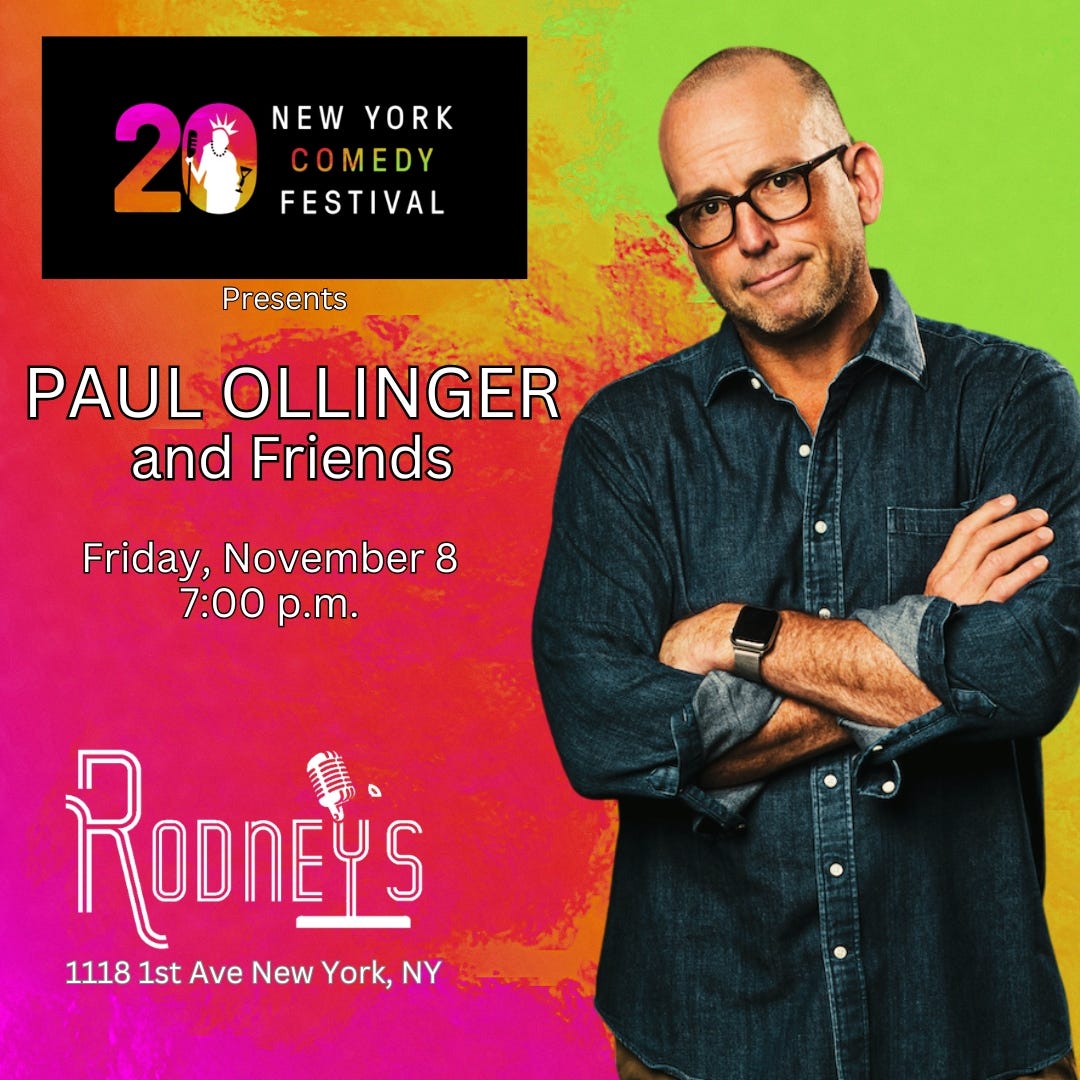Make Native Americans Great Again
How Indigenous People’s Day is Just Progressive MAGA
The world is full of legendary rivalries. Coke vs. Pepsi. The Montagues vs. the Capulets. Drake vs. Kanye. And, as Google Calendar just reminded me, we have another big one coming up next week: Columbus Day vs. Indigenous Peoples’ Day (IPD).
As a kid, I never really cared about Columbus Day. Unlike Christmas or Thanksgiving, the celebration of the Italian explorer didn’t come with presents or pumpkin pie, so it was basically just a school-free Monday. But the reminder of these dueling days off made me question why certain forces in America have attempted to replace one C-List festival with another.
After doing some reading about the newer holiday and the Indigenous cultures themselves, the reasoning became clear. IPD is the Progressive version of “Make America Great Again,” a dubious claim on the virtue of the past that manipulates our Rosy Retrospection bias, the cognitive distortion that makes us believe things in the old days were better than they actually were.
MAGA faithful believe their slogan means putting the USA first in policy and practice. MAGA skeptics, on the other hand, consider it to be wink-wink shorthand to say, “Remember when women stayed home, and minorities knew their place? Those were the days!”
Similarly, there’s a broad range of how one might construe this relatively new NOT-Columbus Day. In last year’s IPD proclamation, the White House described it as a celebration of “the perseverance and courage of Indigenous peoples.” But don’t kid yourself, it’s also a transparent effort to juxtapose Columbus (bad) and natives (good) with the Oppressor-Oppressed lens through which Progressives want everyone to see America. Unfortunately, this contrived dichotomy is a historical distortion.
It’s true that Columbus and the settlers who followed seized native land and displaced or slaughtered millions in the process. But Indigenous populations also committed all manner of atrocious acts against one another, as documented by first-hand witnesses, oral histories, and scholarly writings, much of which is corroborated by native art and skeletal remains.
The Cheyenne and Iroquois burnt and mutilated captured enemies, scalped them, and then desecrated their corpses. The Haida and Tlingit of the Northwest coast took captives who became their slaves (yes, slaves!). Yet this hardly made them unique among North American tribes, like the Comanche and Blackfeet who routinely abducted women and children from neighboring clans.
Ever heard of the Crow Creek Massacre? In battles probably having to do with land disputes, an oppressor tribe of modern-day South Dakota annihilated a weaker one, smashing the tribespeople’s teeth, cutting out their tongues, and dismembering their bodies before finally decapitating them.
But when it came to butchery, few tribes could outdo the Aztecs who offered up their captured enemies as religious sacrifices! After chopping off their captives’ heads, the Aztec oppressors would carve out the prisoners’ hearts, boil their innards, and then serve the savory stew to Aztec noblemen. Mmm-mmm, good!
I am not suggesting that natives were any worse, ethically speaking, than Columbus and the conquistadors who followed. But they were also no better. The truth is our ancestors of 500 years ago were barbarians, and the determining factor in whether a person or group of persons survived was not morality or virtue but power. Societies on every continent—including our very own North American tribes—leveraged dominance whenever they saw fit, resulting in carnage we can hardly imagine today. However, you won’t see these ghastly practices depicted at your local IDP Parade any more than you’ll hear Trump address the racial and gender discrimination of 1950s USA.
Nostalgia releases dopamine, so political movements use the past—or, more accurately, our flawed and rosy recollection thereof—to build support for the future they want to see. For Trump, that’s an America-centric, mostly Christian nation with not so many immigrants. Progressives, on the other hand, aim to replace what they regard as a patriarchal, capitalist society with some mythical pre-Columbian Eden of Equity that supposedly existed before the White man and his Western-prescribed nuclear family arrived on the Atlantic coast. Both visions rely on their target audience to suspend a clear-eyed analysis of history.
I still don’t really care about Columbus Day, but I don’t buy the motivations behind Indigenous People’s Day either. Sure, there’s value in teaching our kids the full cost of colonialism, but it makes no sense to replace one set of myths with another.
The good news to celebrate on October 14 is that humanity has gotten a lot better since 1492. Over the past half millennium, respect for life has grown significantly across cultures. Except in limited cases, we hardly ever eat each other or toss virgin slaves into a volcano to appease an angry god.
And we’ve made a lot of progress in just the past 75 years. We’re living much longer on average. Education is more broadly available. Everyone gets to vote, and women have much greater reproductive rights. At least for now.
Of course, America isn’t perfect, but it is still great. We can continue to improve by learning from the past. But we should be wary of anyone on either political extreme who insists we live there.
THE END (but keep reading)
Tell your NYC friends and / or come yourself to see my show in the New York Comedy Festival, November 8 at Rodneys Comedy Club. Click here for tickets!
(Seriously click back there where it says “here”)





